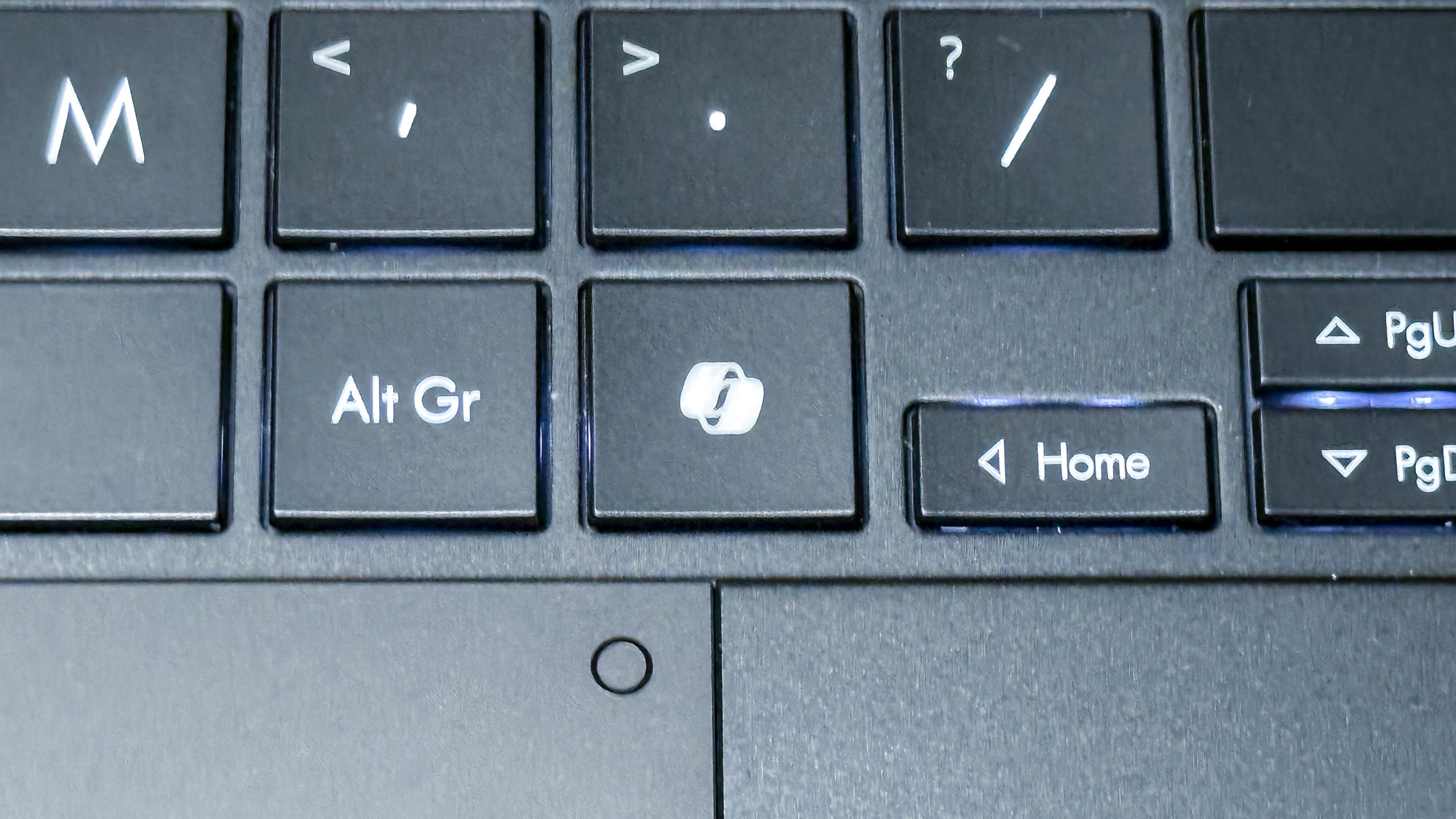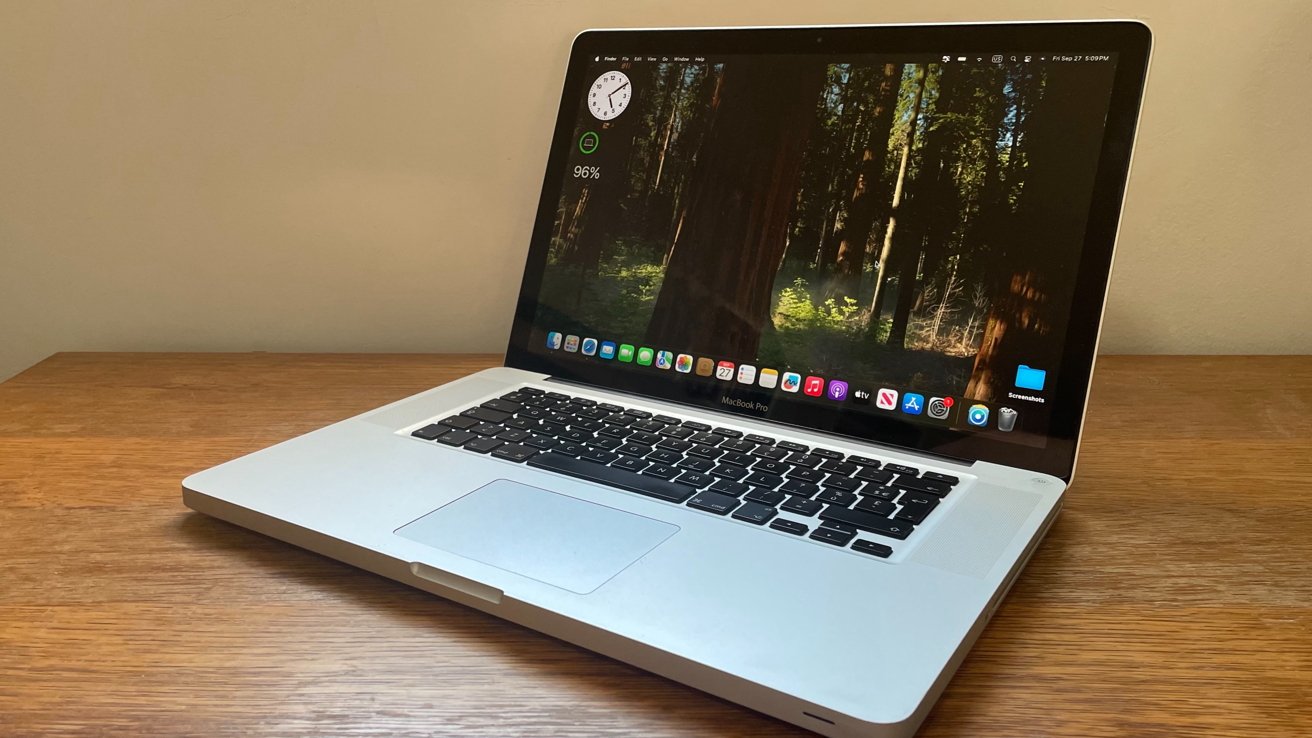
CLARK FREEPORT, Philippines – The Clark Development Corporation (CDC) launched a new bus service, which introduces a cashless payment system to streamline public transportation within the freeport zone on Tuesday, September 17. The Clark Loop Bus service will deploy a fleet of 10 fully air-conditioned buses, each with a seating capacity of 42, operating every 15 minutes on both northbound and southbound routes, with 25 bus stops within the freeport, between two terminals: SM City Clark and Clark International Airport. The first trip is scheduled at 5 am and 6:30 am from SM City Clark and Clark International Airport, respectively, on weekdays, while weekend departures will begin at 6 am and 7:30 am.
NEW BUS SERVICE. Clark Development Corporation launches its Clark Loop Bus service, featuring a cashless payment system via Beep cards. – Joann Manabat/Rappler The cashless payment system will utilize Beep smart cards – a reloadable payment system that can also be used for travel on railway transit lines in Metro Manila, such as the Light Rail Transit (LRT) and Metro Rail Transit (MRT), as well as in other provinces, including Cebu and Bacolod.

The minimum fare for the Clark Loop is set at P15 for the first five kilometers, with an additional P2.50 for every succeeding kilometer. All Clark Loop passengers are advised to tap in upon boarding and tap out at their destination to avoid being charged the full loop fare, ensuring a fully contactless and cashless commute.
The point-to-point fare rate from SM City Clark to Clark International Airport is P49. Discounts will be available for students, senior citizens, and persons with disabilities. However, discounted Beep cards are available only at designated Beep stations.
Agnes Devanadera, CDC president, said the goal is to create a transportation network that integrates with existing transportation systems within the freeport zone. “The initial target, at least, is to establish a loop for the main transportation that integrates all existing transport systems. So, no one will lose their job, and no one will be displaced.
We will all be together in this,” Devanadera said. “However, we need to address the gaps. As we look around, our locators have so many shuttle buses.
They have to maintain these buses, which will increase their cost of doing business in the Philippines and in Clark. What we are promoting is not only ease of doing business for our locators but also a reduction in their operational costs,” she added. Danilo Yumul, chairperson of the Clark Special Economic Zone Transport Federation Incorporated, expressed his concerns about the new bus service.
Yumul said about 2,000 families of drivers could be affected by the introduction of the Clark Loop Bus. “We are 100% affected because it’s a duplication of our existing routes,” Yumul told Rappler on Monday, September 16. He said the Land Transportation Franchising and Regulatory Board (LTFRB) had a recommendation that the CDC did not follow, hinting at his group bringing the matter to court.
– Rappler.com.













